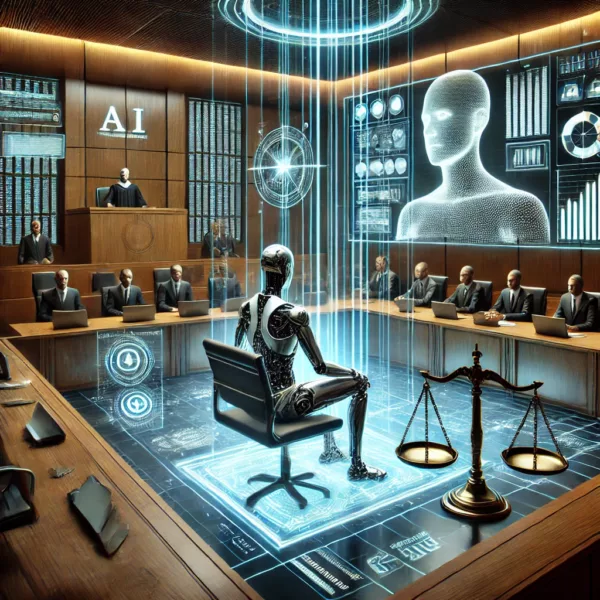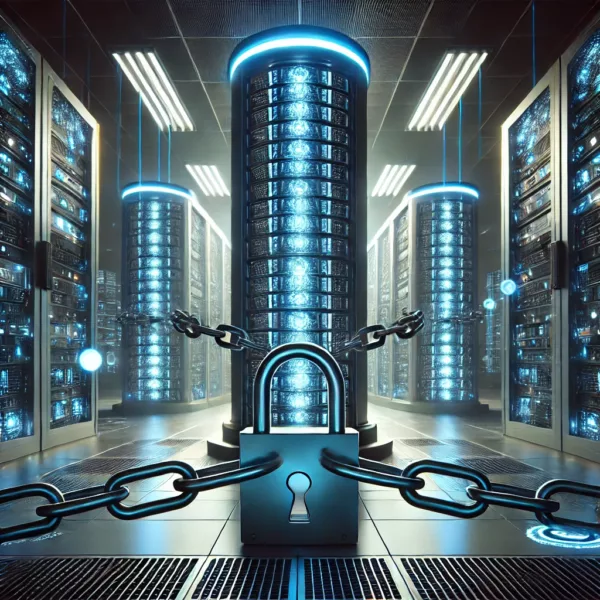What Google's New Policy Means for Indie Game Developers
Google’s latest Generative AI policy reads like the digital sheriff has rolled into town, guns blazing, ready to monitor every digital whisper. If you haven’t heard, they’re setting up camp with automated abuse detection, manual reviews, and the looming threat of suspension if your AI prompts cross a line. So, how does this affect indie game developers? Let’s dig in, because this isn’t just another privacy policy—it’s a roadmap for how your future projects could get flagged, halted, or even erased from existence.
Google’s New Generative AI Policy: A Brief Rundown
First things first, what’s in the fine print? Google’s new policy puts generative AI users, particularly those on platforms like Vertex AI, under automated surveillance. They’re using what they call “safety classifiers,” fancy algorithms that scour your prompts to determine if you’re violating any terms. If the AI detects something fishy, your prompts get logged for further investigation, and then a real human might step in to review them.
Now, here’s where it gets interesting: those logs stick around for 30 days. Even if you’re behaving like a saint, Google could store your prompts, because, hey, maybe you’re not as squeaky clean as you think. And if you want to opt out of this monitoring system? Sure, there’s a form you can fill out. But that form reads like you’re asking for a hall pass to roam free in a prison yard.
The Real Impact on Indie Game Developers
If you’re an indie game developer, you might think this policy doesn’t apply to you. “I’m just making a quirky platformer or a pixel art adventure,” right? But here’s the catch: Google’s AI can interpret anything, and it has zero context for your creativity. That’s the beauty (or terror) of automated detection—it flags based on programmed keywords and patterns, not intent.
Think about this: Let’s say you’re designing a new game with dynamic NPC dialogues. You might feed the AI a prompt like, “Generate edgy, GTA-style street banter for a criminal boss.” BAM. The algorithm detects “violence” and “crime” and flags your project. Maybe nothing happens immediately, but those prompts get logged. Now Google’s AI—or, worse, a Google employee—could scrutinize your game because it touches on controversial themes. If they don’t like what they see, your whole project could get suspended.
Are you working on a satire game? Be careful if your mock court scene hints at Google’s current antitrust troubles. That kind of creative freedom could land you under manual review, and who’s to say the reviewer isn’t already biased against seeing Google mocked? Suddenly, your clever courtroom satire looks like a violation of terms, and now you’re fighting to get your access back.
The Algorithm’s Judge, Jury, and Executioner Role

Let’s not pretend the manual review process is any better. It’s like saying, “Don’t worry, if the robot doesn’t catch you, a human with an agenda might.” Because at the end of the day, these “safety classifiers” are built by Google. Google’s AI decides whether your prompt looks sketchy, and Google’s human reviewers get the final call. There’s no impartial court here—just the whims of Google employees, armed with the company’s own policies as their guiding star.
Sure, you can appeal. But by the time you’ve worked through that, your project might be weeks or months behind schedule. If you’re a solo developer, that could be enough to derail the entire project. Game development is fragile, especially for indies. Delay equals disaster.
Vendor Lock-In and the Bigger Picture
Here’s where the situation really starts to look dystopian. Think about all the Google services game developers use: Google Cloud, Firebase, Google Docs, BigQuery—the list goes on. It’s an integrated ecosystem, and for a while, it’s great. You’re using all their tools, feeding your data into their systems, and everything runs smoothly. Until one day, your game gets flagged. Now what?
The AI police at Google decide you’ve crossed a line, and suddenly, your development environment is shut down. All that data—years of assets, scripts, and AI prompts—becomes hostage to Google’s internal review process. Moving your project to another platform like AWS sounds easy in theory, but the reality is a logistical nightmare. You’d have to re-integrate every piece of data, fine-tune your AI all over again, and hope the new system plays nice with everything you’ve built. Not exactly something you can do overnight.
The Road to Vendor Lock-In: Google's Endgame

This isn’t just about abuse monitoring. It’s about control. As long as your data lives on Google’s ecosystem, you’re playing by their rules. And let’s be honest, Google isn’t known for being lenient with policies once they’re in place. If their AI decides your game crosses a line, your entire business could be in jeopardy. It’s not just about avoiding terms-of-service violations anymore—it’s about navigating the labyrinth of corporate control over creative freedom.
We’re not saying every game developer should abandon Google’s services tomorrow, but you need to be aware of where this road leads. As generative AI becomes more integrated with cloud platforms, the lines between development, data, and policy enforcement will blur. And when that happens, you won’t be able to simply “move your data” elsewhere without serious consequences.
What’s Next for Game Developers?
So, what’s the solution? Indie devs, you need to be strategic about where you invest your time and data. Maybe it’s time to look at decentralized cloud options or start building redundancies so your project doesn’t live and die by Google’s AI policy. And as AI tools become more ingrained in game development, developers will have to tread carefully—ensuring that creative freedom doesn’t get smothered by automated abuse detection or manual bias.
But until then, just know: the AI police are here, and they’ve got your project in their sights. Whether you’re making the next great indie hit or just playing around with dialogue generation, your data is part of the ecosystem now. And once Google’s AI is integrated into your workflow, it’s not so easy to walk away.
It’s not just a policy—it’s a power grab.



